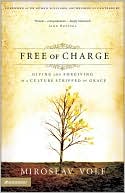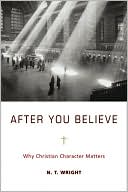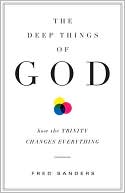"Now those scattered because of the persecution that arose over Stephen traveled as far as Phoenicia and Cyprus and Antioch . . . Barnabas went to Tarsus to look for Saul, and when he had found him, he brought him to Antioch."Stephen was a remarkable man with tremendous potential. There is no telling what impact he would have had upon Jerusalem had he lived longer, but he didn’t. In a horrendous hate crime his life was snuffed out. From a human perspective, it didn’t make any sense. Why would God allow such a thing to happen? Things often don’t make sense from a human perspective precisely because it is a human perspective, and by definition that means limited, finite, and tainted with sin. Nevertheless, for some reason we arrogantly cling to the opinion that if it doesn’t make sense to us, then it is clearly senseless. This text, however, says that an apparent senseless death was a catalyst to world evangelization.
The persecution that arose over Stephen forced the Jewish believers to leave Jerusalem and travel to various parts of the known world. Even in doing so, the church was still limited to Jewish people (11:19). Some in Antioch bravely took the daring step of presenting the gospel to Greek-speaking Jews. God shook them up some more with the conversion of Cornelius, a Gentile God-fearer (someone who followed the teachings of the OT but was not circumcised). Each of these stages were major steps, yet to this point no one could possibly conceive of the gospel going to uncircumcised, pagan Gentiles. That is, until Saul or Paul came on the scene. Saul was instrumental in Stephen’s death, and now he is intimately involved in the mission work that erupted as a result of Stephen’s death. The greatest missionary the world has ever known, the one who first took the gospel to total pagans was a product of the martyrdom of Stephen.
It is almost impossible to calculate what would have been had Stephen not been martyred. Who knows how long Christianity would have gone before it spread outside of Jewish circles. The ripple effects of Stephen’s death are simply massive. The greatest impact that he had on the world was in his death. Why do we question the wise plans of an infinite God when we have so little knowledge with which to judge. Our present affliction may seem senseless at the moment, but who knows God could be changing the world through it.









